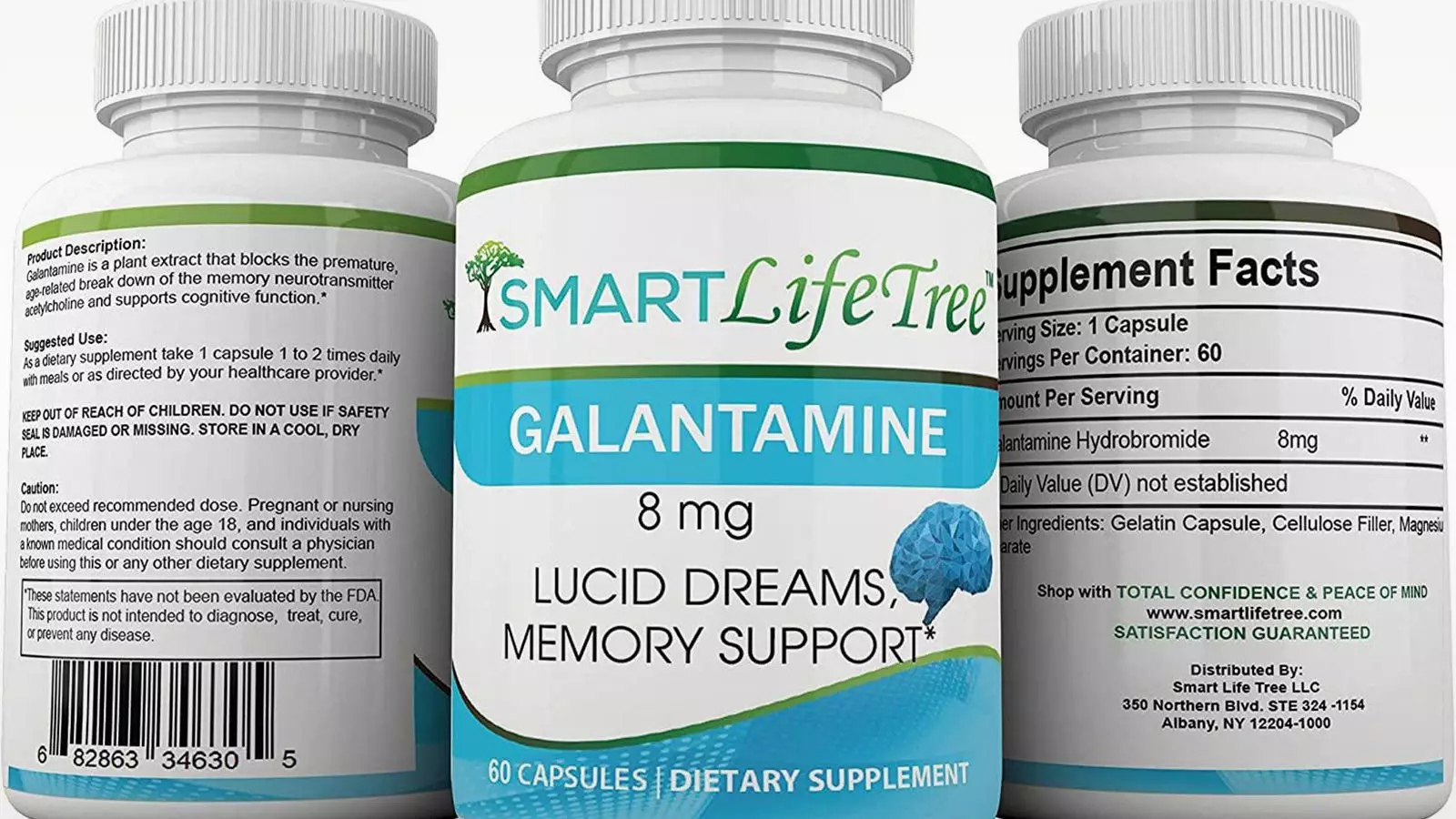An analysis conducted by Pieter Cohen, MD, of Cambridge Health Alliance, revealed significant discrepancies between galantamine sold as prescription drugs and galantamine sold as dietary supplements. The study found that across 10 brands of dietary supplements, the actual quantity of galantamine varied widely, ranging from 2% to 110% of the labeled quantity. In contrast, generic drugs containing galantamine were much more accurate, with the amount ranging from 97.5% to 104.2% of the labeled content.
One of the most alarming findings of the analysis was that three of the dietary supplements were contaminated with Bacillus cereus sensu stricto, a bacteria that could potentially cause diarrheal illnesses if consumed at higher levels. This contamination raises serious concerns about the lack of quality control during the manufacturing process of these supplements. In contrast, the prescription generic drugs were free of bacterial contamination, highlighting the stark differences in quality between the two types of products.
Galantamine is derived from botanical sources such as narcissus and snowdrops. The prescription form of galantamine, known as Razadyne, was approved in 2001 and is indicated for mild to moderate dementia in Alzheimer’s patients. It works as a cholinesterase inhibitor and has been shown to decrease the risk of severe dementia. Despite its proven efficacy in treating Alzheimer’s, galantamine is often marketed as a dietary supplement for various cognitive conditions, with claims of improving memory, inducing lucid dreams, and enhancing cognitive acuity.
The inaccuracies and contamination found in galantamine supplements raise serious concerns for patient safety. Clinicians are advised to inquire about patients’ use of dietary supplements, specifically galantamine, and discourage the use of these supplements. Using galantamine supplements instead of prescription drugs may negatively impact the care of patients with Alzheimer’s disease. Inaccurately labeled supplements that are marketed for memory and cognitive enhancement pose a risk of drug-drug interactions and adverse effects, including nausea, vomiting, dizziness, bradycardia, and syncope.
The study conducted by Cohen and his colleagues brings to light the inadequacies in the regulations governing dietary supplements in the U.S. The prevalence of inaccurately labeled and contaminated supplements being promoted for nonspecific cognitive conditions raises questions about the quality and safety of these products. The researchers also acknowledge the limitations of their study, emphasizing the need for further research to determine the generalizability of their findings to other substances sold as supplements or drugs.
The discrepancies between galantamine supplements and prescription drugs highlight the importance of ensuring the quality and safety of dietary supplements. Patients and healthcare providers must be cautious when considering the use of galantamine supplements and prioritize the use of prescription drugs for the treatment of Alzheimer’s disease. The findings of this study underscore the need for stricter regulations and oversight of dietary supplements to protect consumers and promote public health.


Leave a Reply